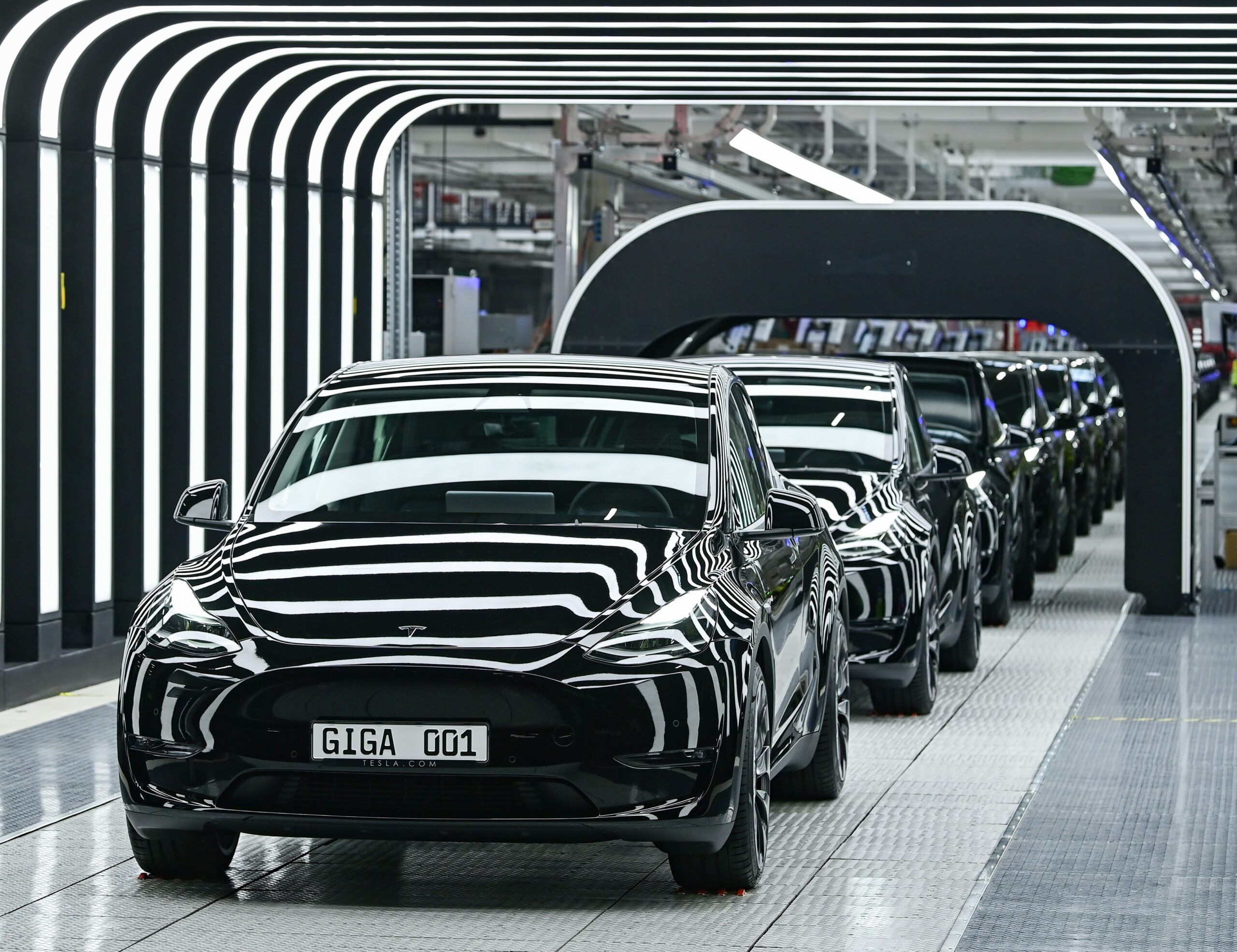Tesla is recalling about 362,000 vehicles because its “full self-driving” software could cause a crash.
The National Highway Traffic Safety Administration (NHTSA) said on Thursday that the carmaker allows a vehicle to “exceed speed limits or travel through intersections in an unlawful or unpredictable manner [that] increases the risk of a crash.”
Analysis and testing performed by the agency revealed that in certain situations, “Tesla’s Autosteer on City Streets (Full Self Driving (FSD) Beta), led to an unreasonable risk to motor vehicle safety based on insufficient adherence to traffic safety laws,” the agency said in an emailed statement. “As required by law and after discussions with NHTSA, Tesla launched a recall to repair those defects.”
The recall applies to certain Model S, Model X, Model 3 and Model Y vehicles equipped with Full Self-Driving Beta software or pending installation. Tesla is expected to release a software update.
An defect report by NHTSA found that Tesla’s self-driving software may not sufficiently respond to speed limit changes, among other issues.
Tesla’s software has come under the microscope through multiple investigations into the carmaker’s claims that the cars can drive themselves, including a criminal probe by the U.S. Department of Justice over its autopilot technology.
In August 2021, the NHTSA also opened an investigation into crashes that purportedly involved Tesla’s autopilot function. The agency said that investigation remains open and active.
Last July, the California Department of Motor Vehicles accused Tesla of misrepresenting the abilities of its autopilot feature and add-on full self-driving software.
Echoing those claims, a group of Tesla buyers filed a lawsuit in the U.S. Northern District of California alleging that the electric carmaker deceived them in its claims about its technology.
